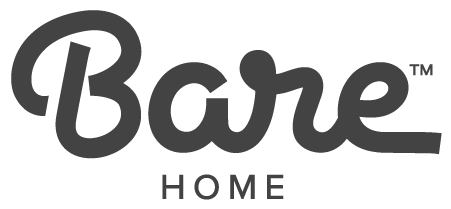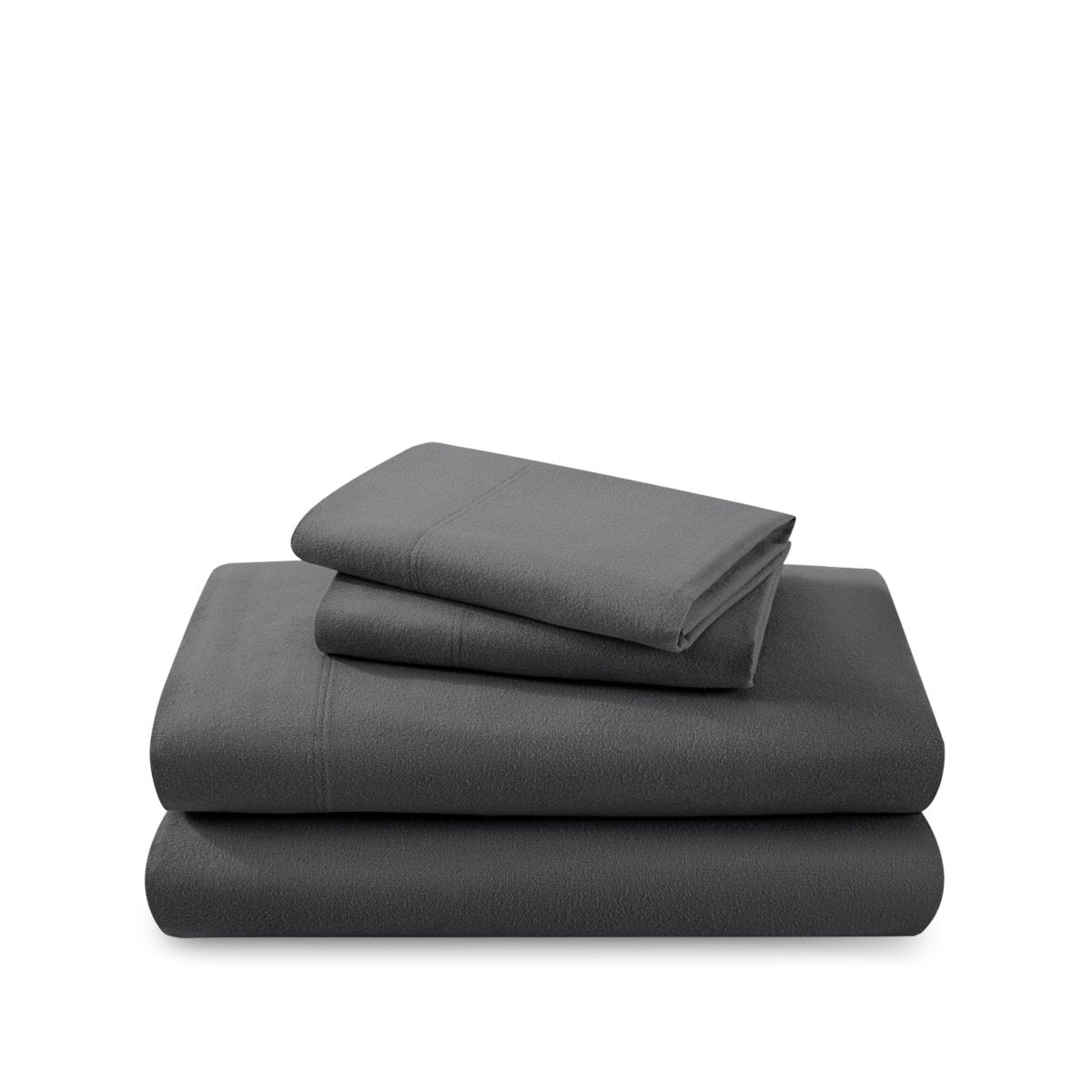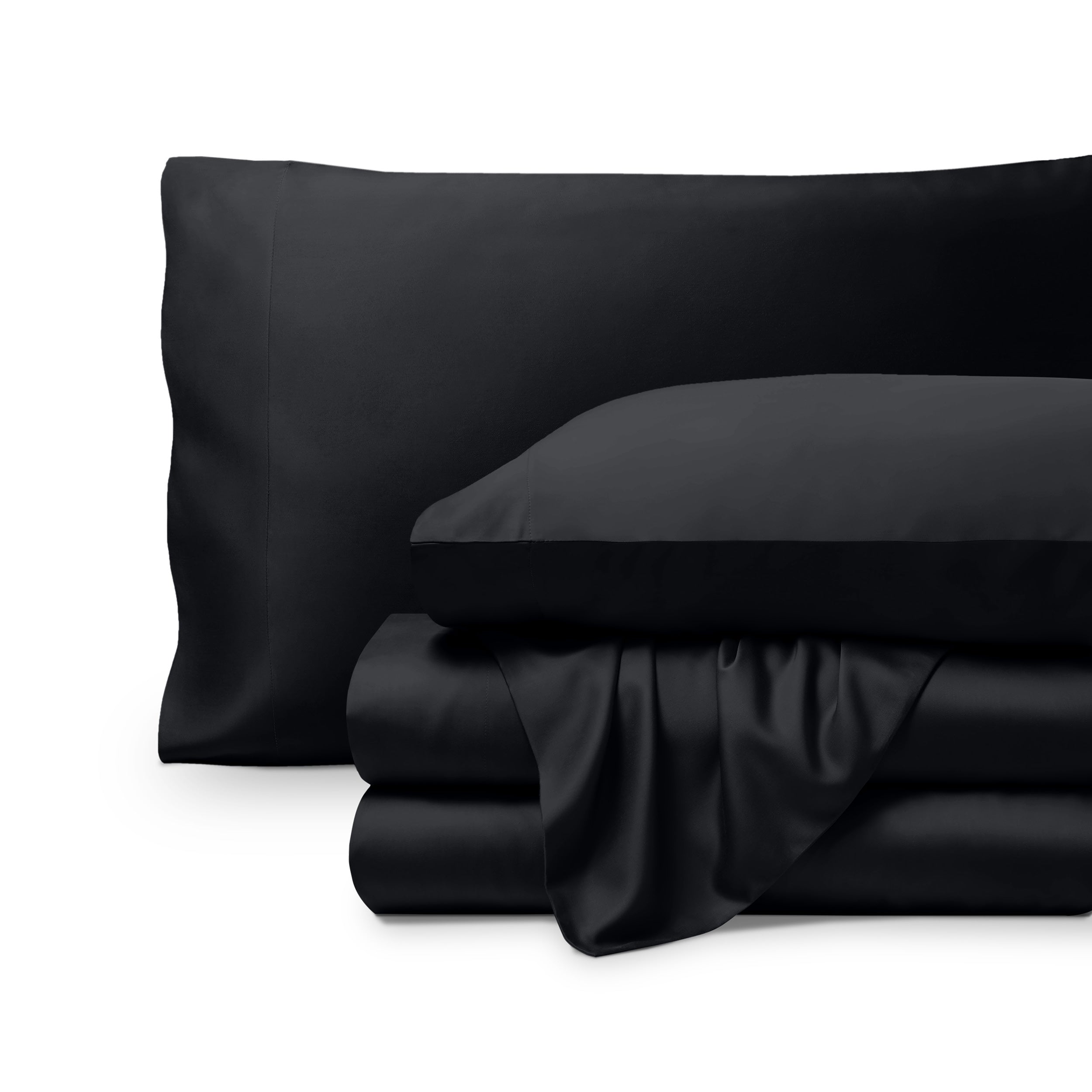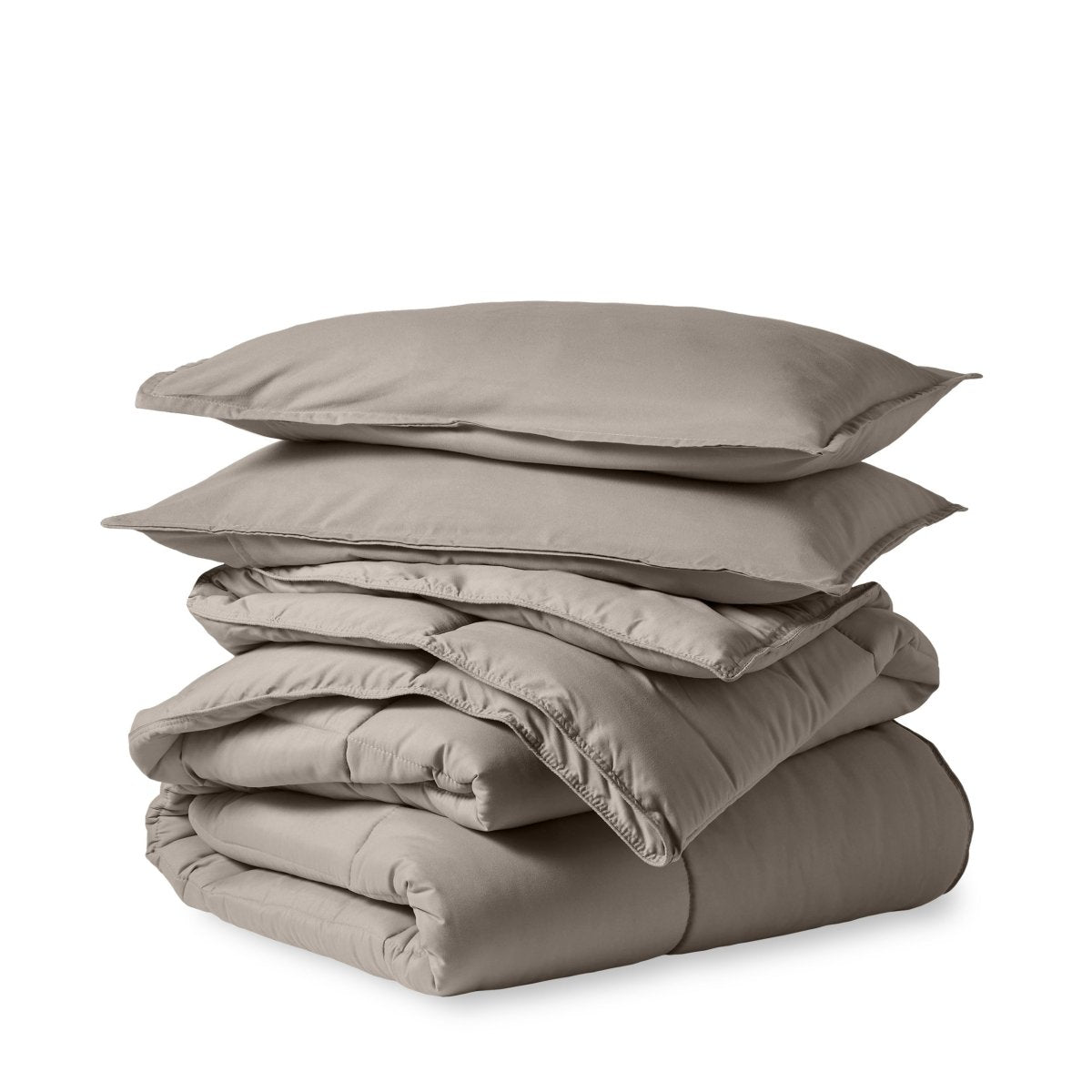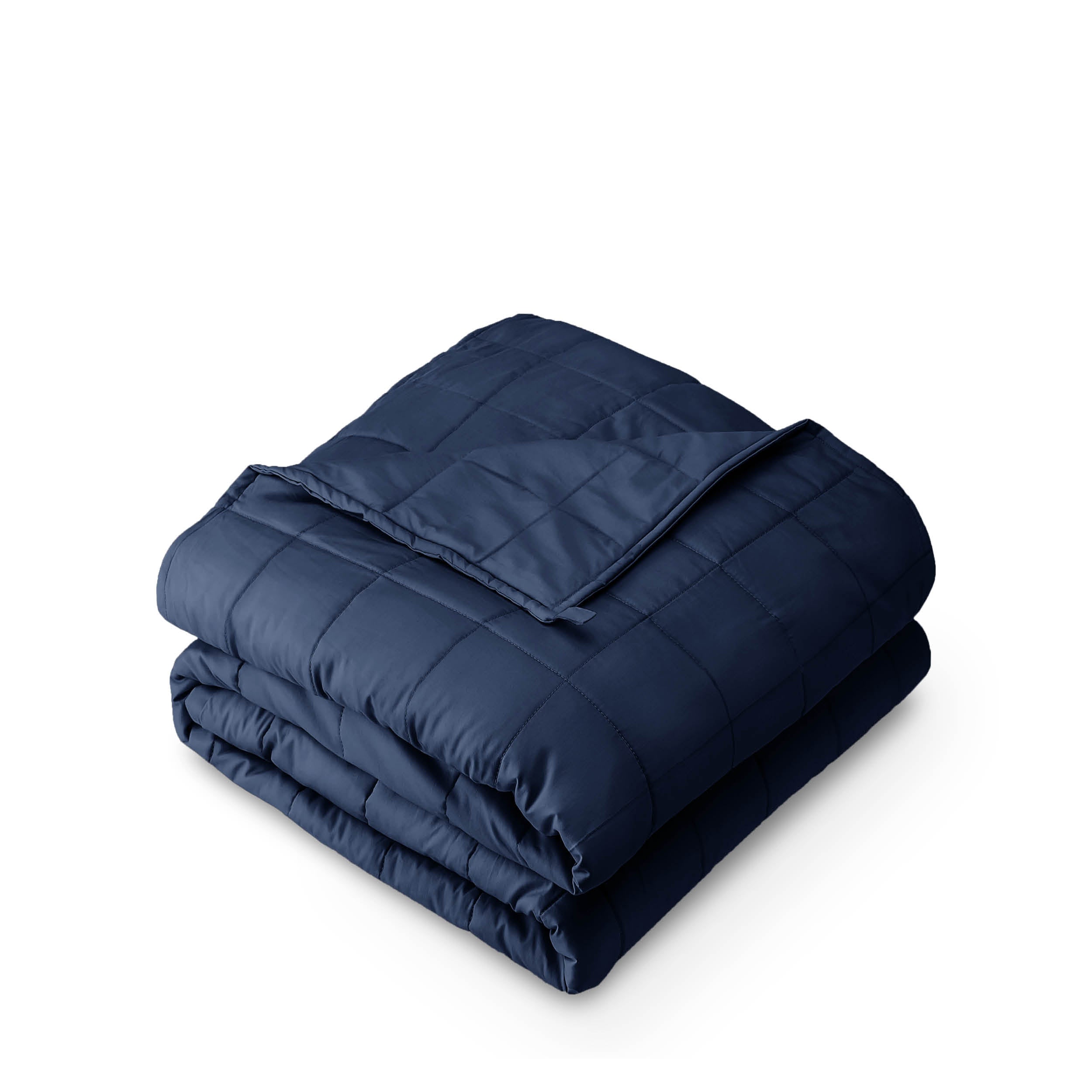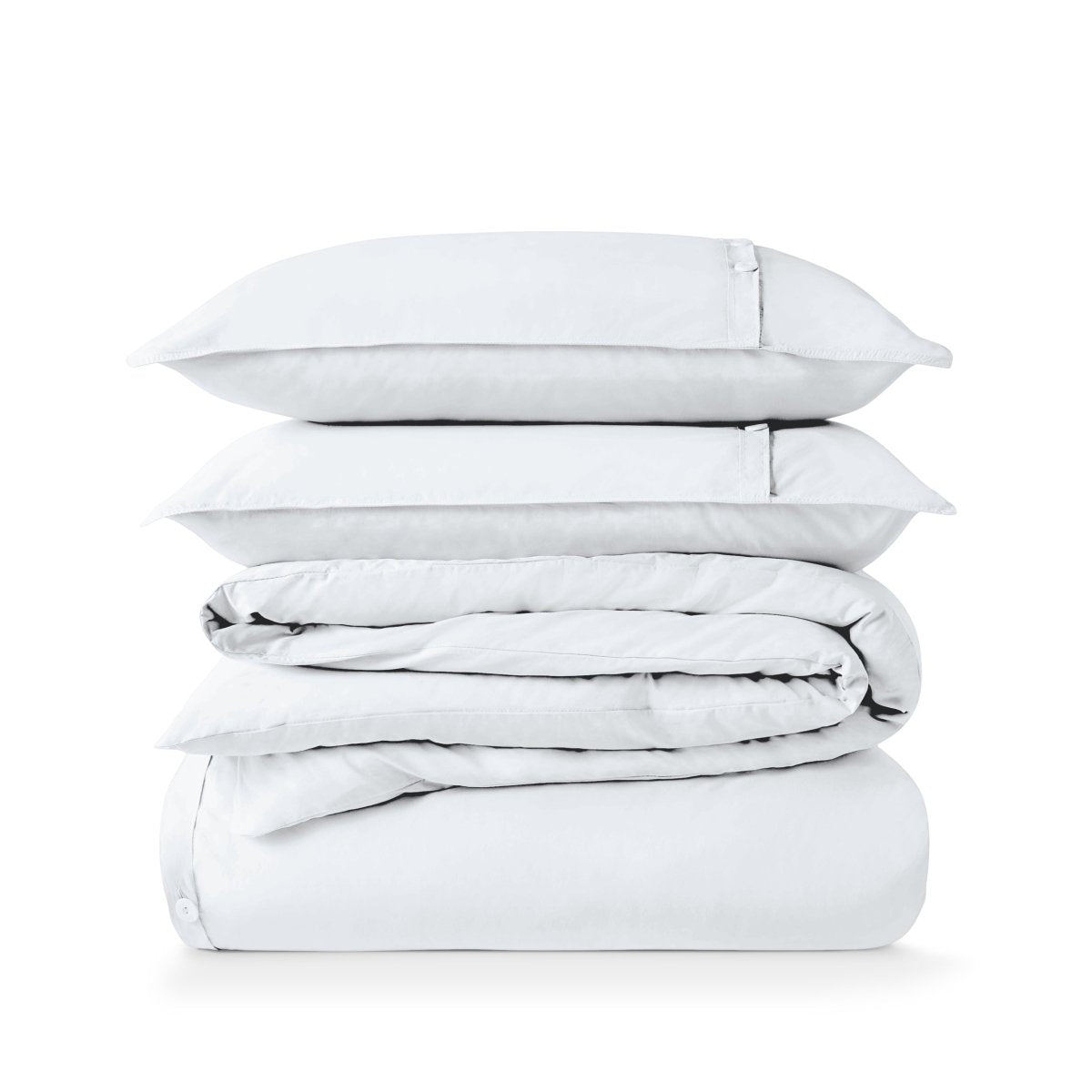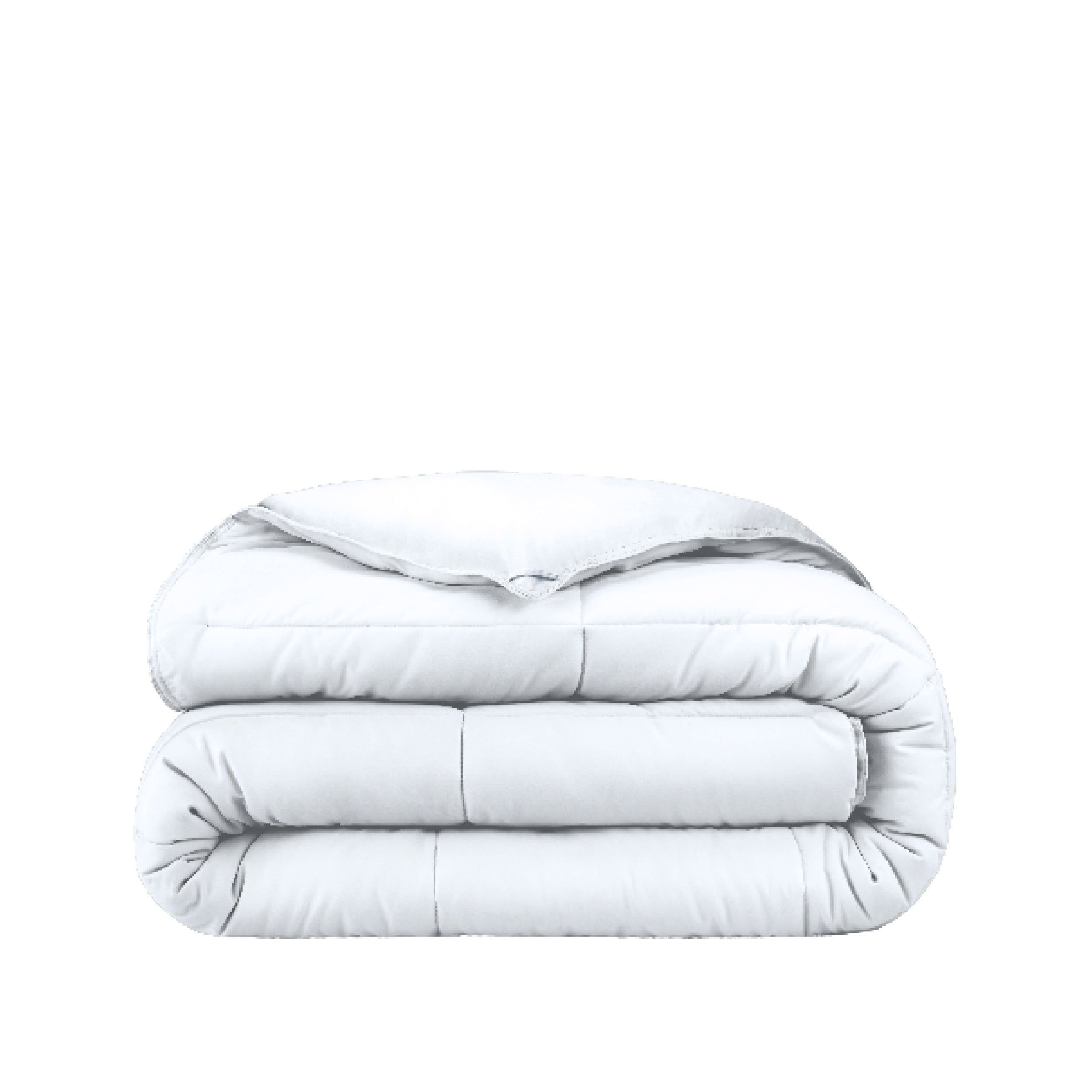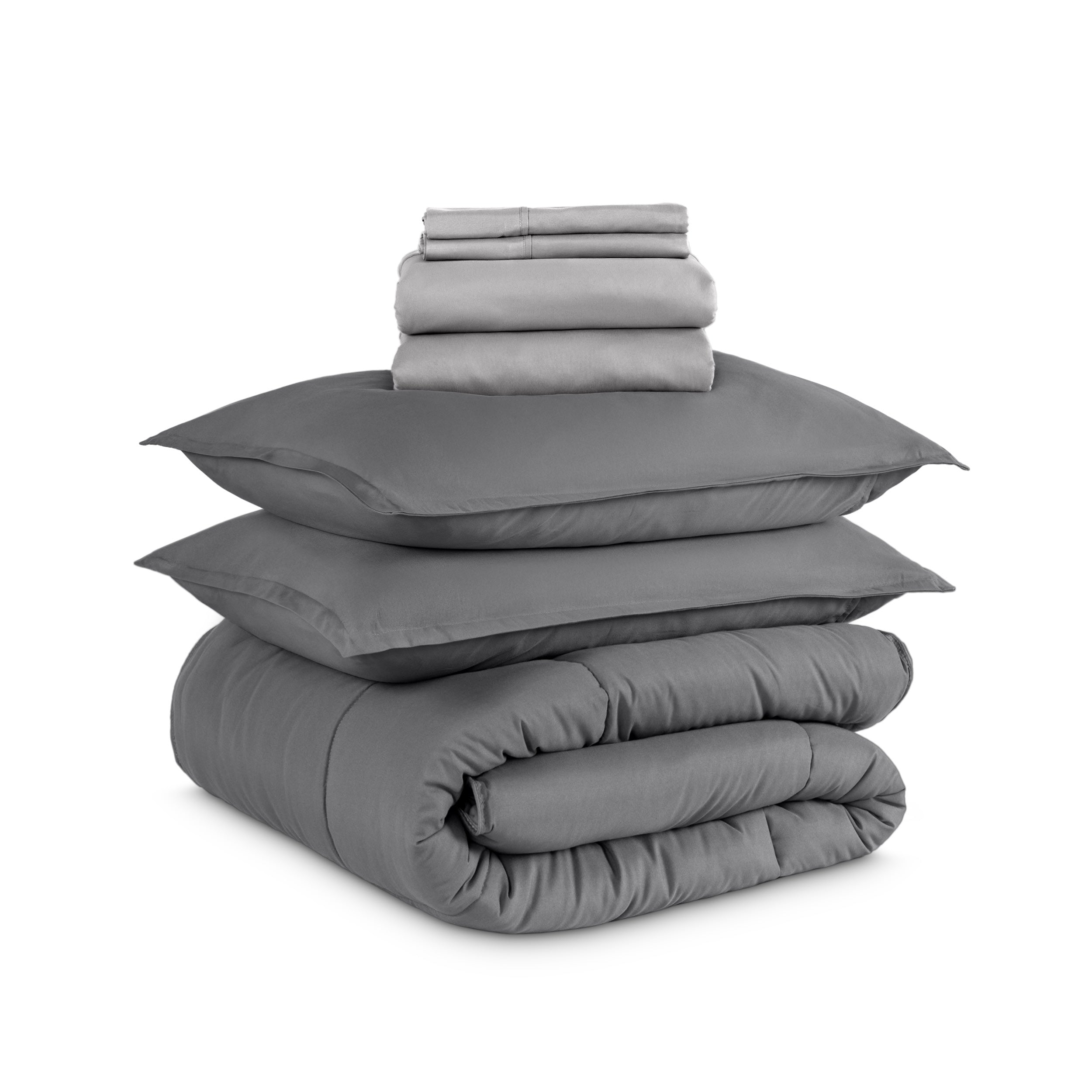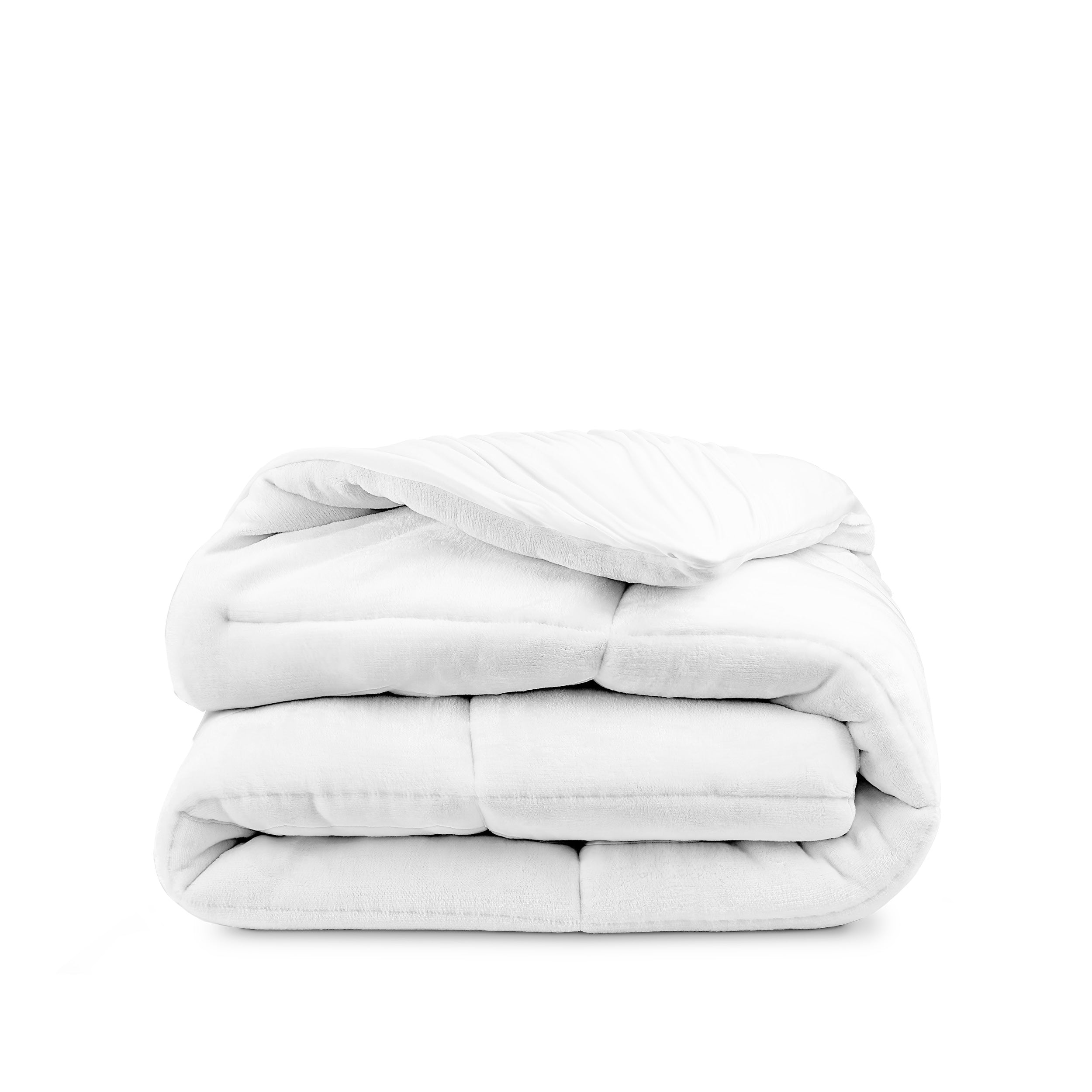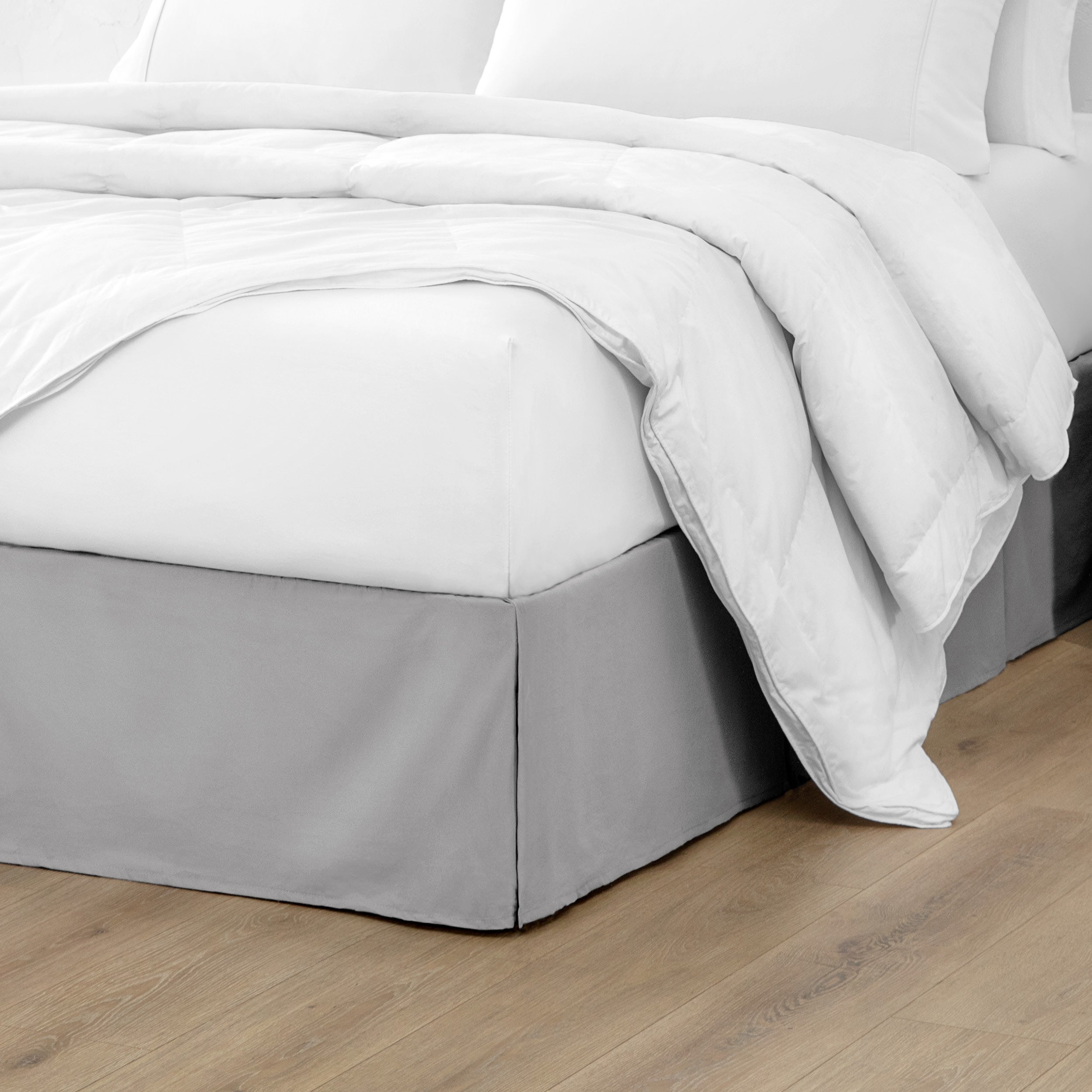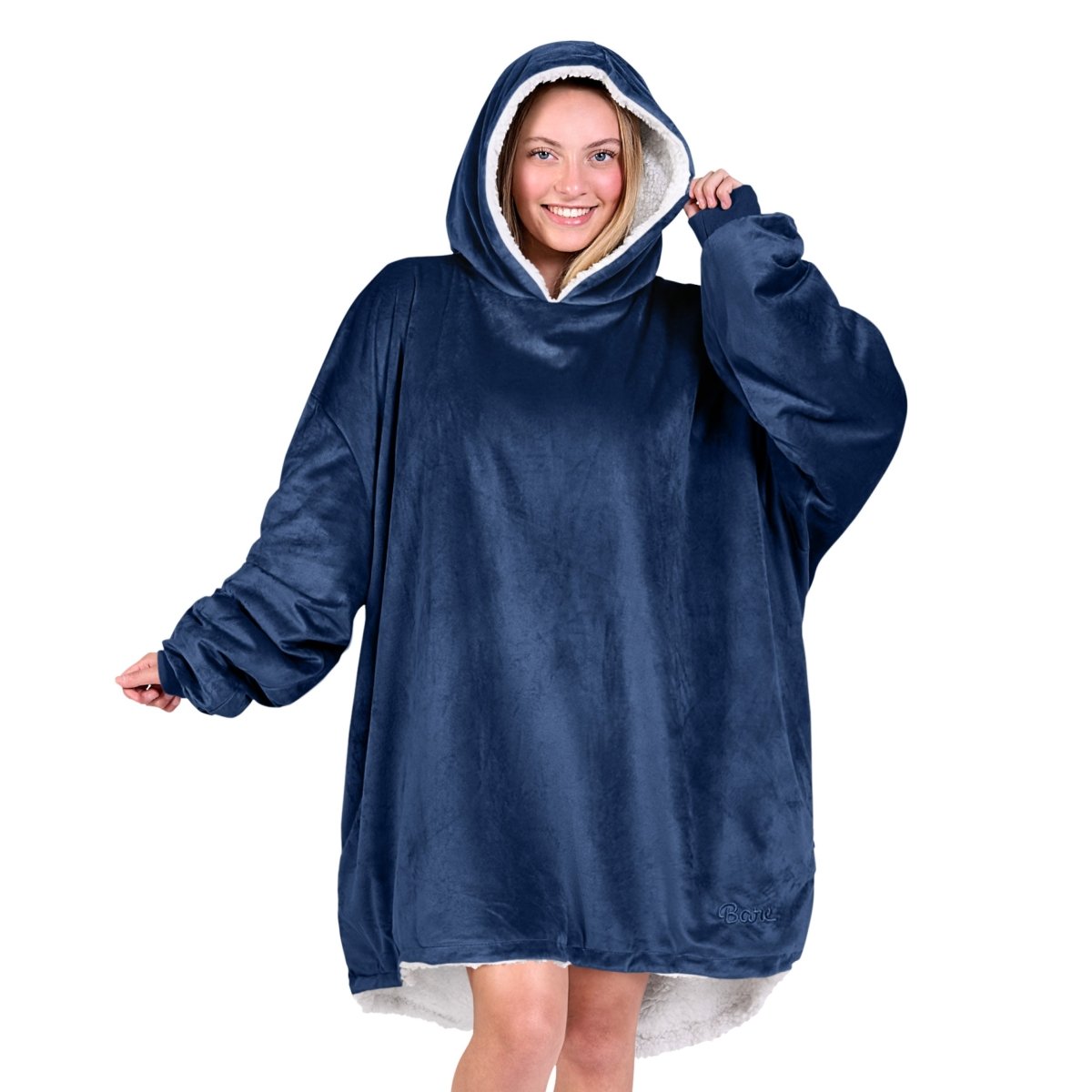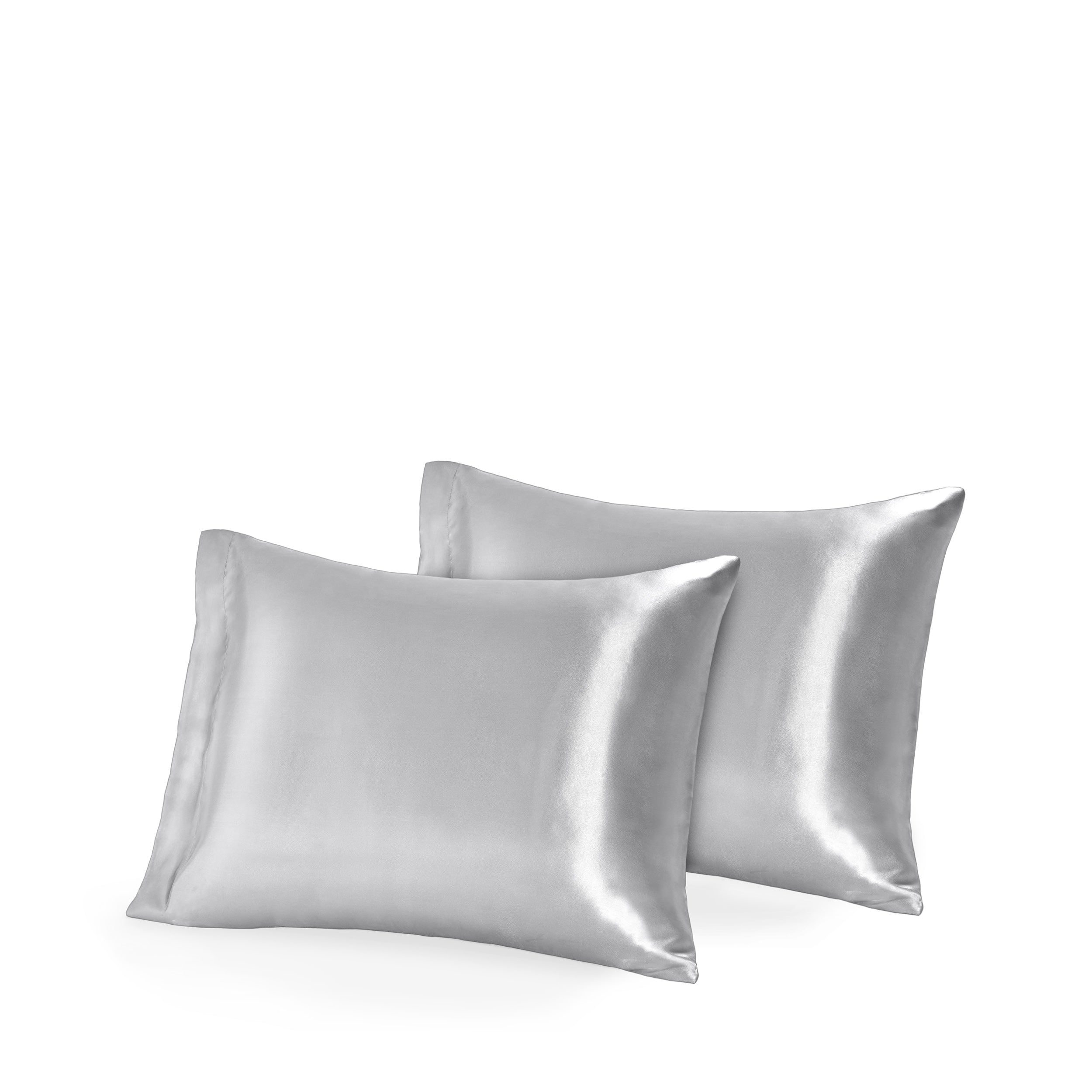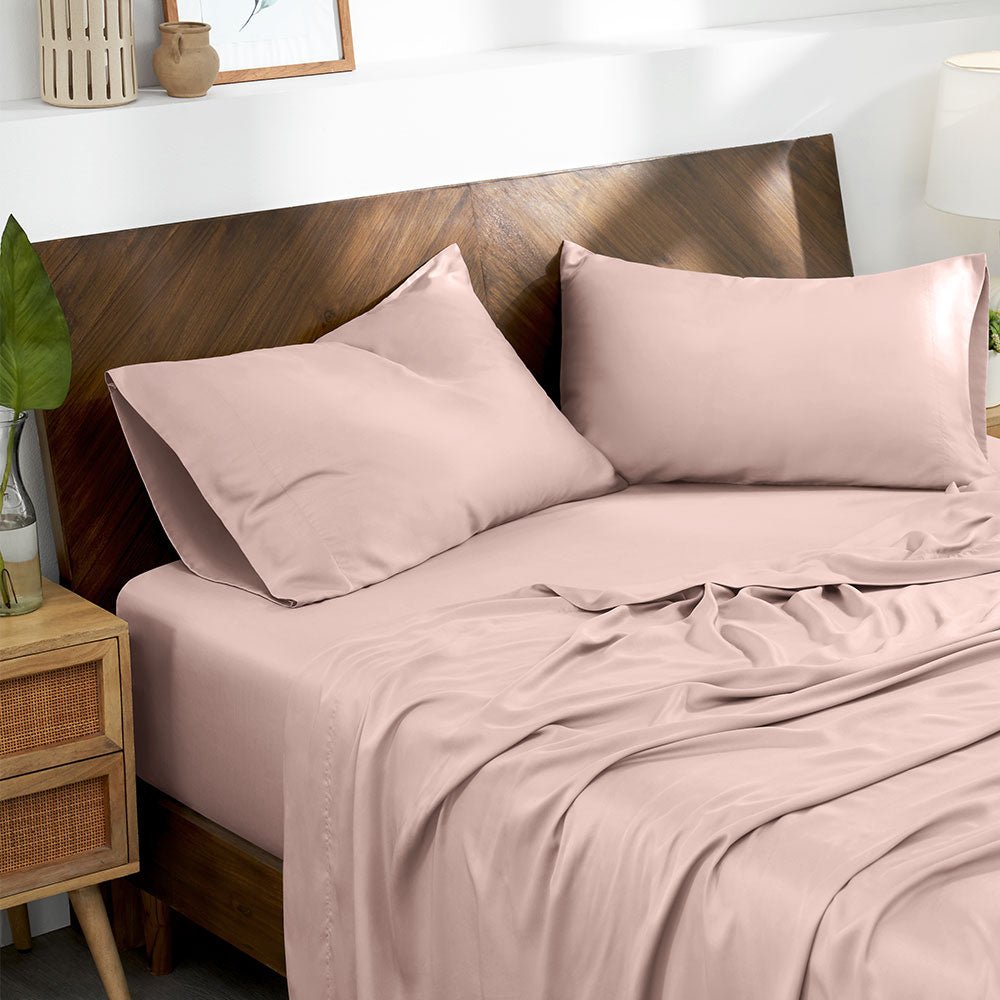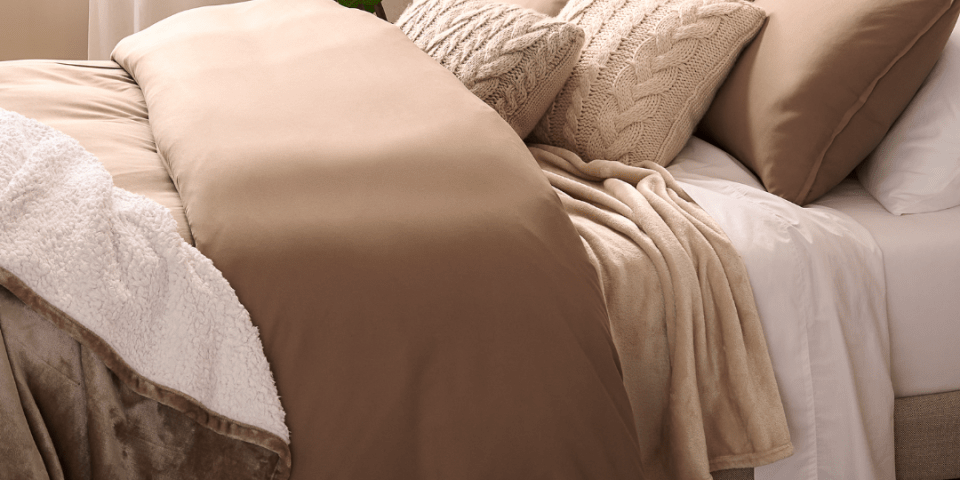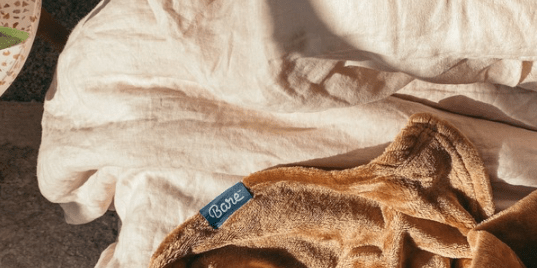Looking to save some money and go a little greener? Check out this easy guide on how to make your own laundry care products! With just a few simple ingredients, you can create stain remover, dryer sheets, laundry soap, and linen spray. Not only will you save money, you'll also have peace of mind knowing that the ingredients are safe and non-toxic. Are you ready to ditch the store-bought products and get creative?

Benefits of DIY Laundry Care Products Over Store-Bought Ones
Making your own laundry care products has several benefits over purchasing them from the store. First, it’s usually much cheaper to make your own laundry soap, stain remover, and other products. You can also tailor the ingredients to your specific needs. For example, if you have sensitive skin, you can choose to use gentle, natural ingredients that won’t irritate your skin. And if you have allergies, you can avoid using ingredients that you know will trigger your symptoms.

Another benefit of DIY laundry care is that it’s usually more environmentally friendly. Many store-bought laundry soaps and fabric softeners contain harsh chemicals that can pollute waterways and damage wildlife. When you make your own products, you can choose to use natural ingredients that are better for the environment.
Finally, DIY laundry care is simply more satisfying. There’s something gratifying about knowing that you’ve made something yourself, and that it works just as well (if not better) than the store-bought stuff. So, if you’re looking for a way to save money and be more eco-friendly, DIY laundry care products are the way to go.

Common Ingredients That Are Harmful to Your Health (and the Environment)
While doing the laundry may not seem like a hazardous activity, the truth is that many laundry care products contain harmful chemicals that can be detrimental to your health and the environment.
One of the most common ingredients found in laundry detergents is phosphates. Phosphates can cause algae blooms in waterways, leading to the depletion of oxygen levels and the death of fish and other aquatic life. In addition, they can also promote the growth of harmful bacteria in septic systems and water treatment facilities.
Another common ingredient in laundry care products is bleach. Bleach is highly corrosive and can damage clothing as well as skin and eyes. In addition, it releases harmful chemicals into the air when it is used, which can contribute to respiratory problems.
Finally, many fabric softeners contain chemicals that can build up in waterways and cause problems for aquatic life. For these reasons, it is important to choose laundry care products that are free from harmful chemicals whenever possible.

How to Get Started
Caring for your clothing doesn't have to be complicated or expensive. You can find many of the ingredients you need to make your own laundry care products right in your own kitchen. For instance, borax can be used as a natural disinfecting agent, while vinegar can help to remove stains and build-up.
Essential oils add a pleasant scent, while witch hazel can be used as a carrier. And super washing soda can help to boost the cleaning power of laundry detergent. By using safe, natural ingredients, you can take care of your clothes without harming the environment or your wallet.
Here's a list of useful ingredients to keep on hand.
• Borax
• Washing Soda
• Liquid Soap or bar soap
• Vinegar
• Baking Soda
• Essential Oils
• Witch Hazel
And now, on to the recipes!

MAKE YOUR OWN LAUNDRY DETERGENT THAT IS SAFE AND EFFECTIVE
Making your own laundry soap is a great way to economize and avoid using harsh chemicals. The most important ingredients are borax, washing soda, and liquid soap. Borax is a natural disinfectant and can be found in the laundry aisle of most stores. Washing soda helps to remove stains and dirt and can also be found in the laundry aisle. Castile soap is a gentle cleanser that will not strip colors from clothes.
Here is our resident DIYer's go-to homemade laundry detergent recipe. Simply mix 1/2 cup each borax, washing soda, and liquid castile soap in a gallon of hot water. For extra aromatherapy, add several drops of essential oil. This homemade liquid laundry soap is just as effective as store-bought detergent but much gentler on the skin. Plus, it's safe to use in high efficiency washing machines!
Variation: If you prefer powdered laundry detergent, you can forego the liquid soap and water. Instead, add an equal part of grated bar soap to the borax and washing soda. Castile bar soap works great!

DIY DRYER SHEETS THAT LEAVE YOUR CLOTHES FEELING SOFT AND FRESH
A glass container with a tight-fitting lid, vinegar, essential oils, and scraps of leftover fabric are all you need to make your own dryer sheets. Simply add vinegar and a few drops of your favorite essential oil to the container, and then shake well to combine. Add fabric squares that are cut to fit (a great way to repurpose an old sheet) and make sure they are saturated.
When you're ready to use one, just remove it from the container and toss it in the dryer with your laundry. The vinegar will help to remove static cling and act as a fabric softener, while the essential oils will leave your clothes smelling fresh and clean. Best of all the sheets can be reused, minimizing impact on the environment and your wallet.
How to make homemade dryer sheets

A QUICK & EASY STAIN REMOVER THAT CAN TACKLE ANYTHING
Every laundry room needs a good stain remover, and this recipe for a DIY version is simple and inexpensive. All you need is baking soda, hydrogen peroxide, and liquid soap. To start, mix equal parts baking soda and hydrogen peroxide together, then add enough soap to create a thick paste.
To treat, rub the paste into the stain using a gentle brush, then let it sit for a few minutes before laundering as usual. Since hydrogen peroxide is a whitening agent, use with caution on delicate or dark fabrics. Store in a glass jar or in an airtight container with a squeeze top. Using a dark or opaque container allows the mixture to remain shelf stable.
This homemade stain remover is great for removing tannin stains like coffee and tea, as well as grass stains and dirt. With regular use, it will keep your clothes looking their best. Find the original recipe to make Homemade Stain Remover.

MAKE A LINEN SPRAY THAT WILL HAVE YOUR LAUNDRY SMELLING LIKE A BREEZE
Looking for a way to make your linens smell fresh and inviting? DIY linen spray is the perfect solution! Just mix a couple of drops of essential oil with witch hazel in a spray bottle and spritz away. Your sheets will smell amazing, and you'll save money by making your own spray instead of purchasing it. Plus, you can customize the scent of your spray to suit your preference.
Whether you want a light and refreshing fragrance or something more potent, DIY linen spray is the perfect option. So, ditch the store-bought stuff and give it a try! Find the details on how to make a DIY Linen Spray.

HOW TO STORE YOUR HOMEMADE PRODUCTS
Your DIY laundry products can be just as effective as store-bought brands, but they need to be properly stored to remain potent. The best way to store homemade laundry care products is in a glass container.
Glass is non-reactive so it does not interact with the ingredients in the products, which can cause them to break down or become less effective. It is also non-porous, so it won't absorb the liquids or allow air to enter the container and cause the ingredients to deteriorate. In addition, glass is easy to clean, so you can be sure that your products are free of contaminants before each use.
Finally, be sure to find an airtight container that has a tight-fitting lid. This will prevent evaporation so your homemade laundry care products will last longer. By following these tips, you can enjoy your efforts wash after wash.

The Take-Away
Caring for your clothing doesn't have to be complicated or expensive. You can find many of the ingredients you need to make your own laundry care products right in your own kitchen. By using safe, natural ingredients, you can take care of your clothes without harming the environment or your wallet. For more DIY laundry care tips, see our post on how to wash a down comforter.
